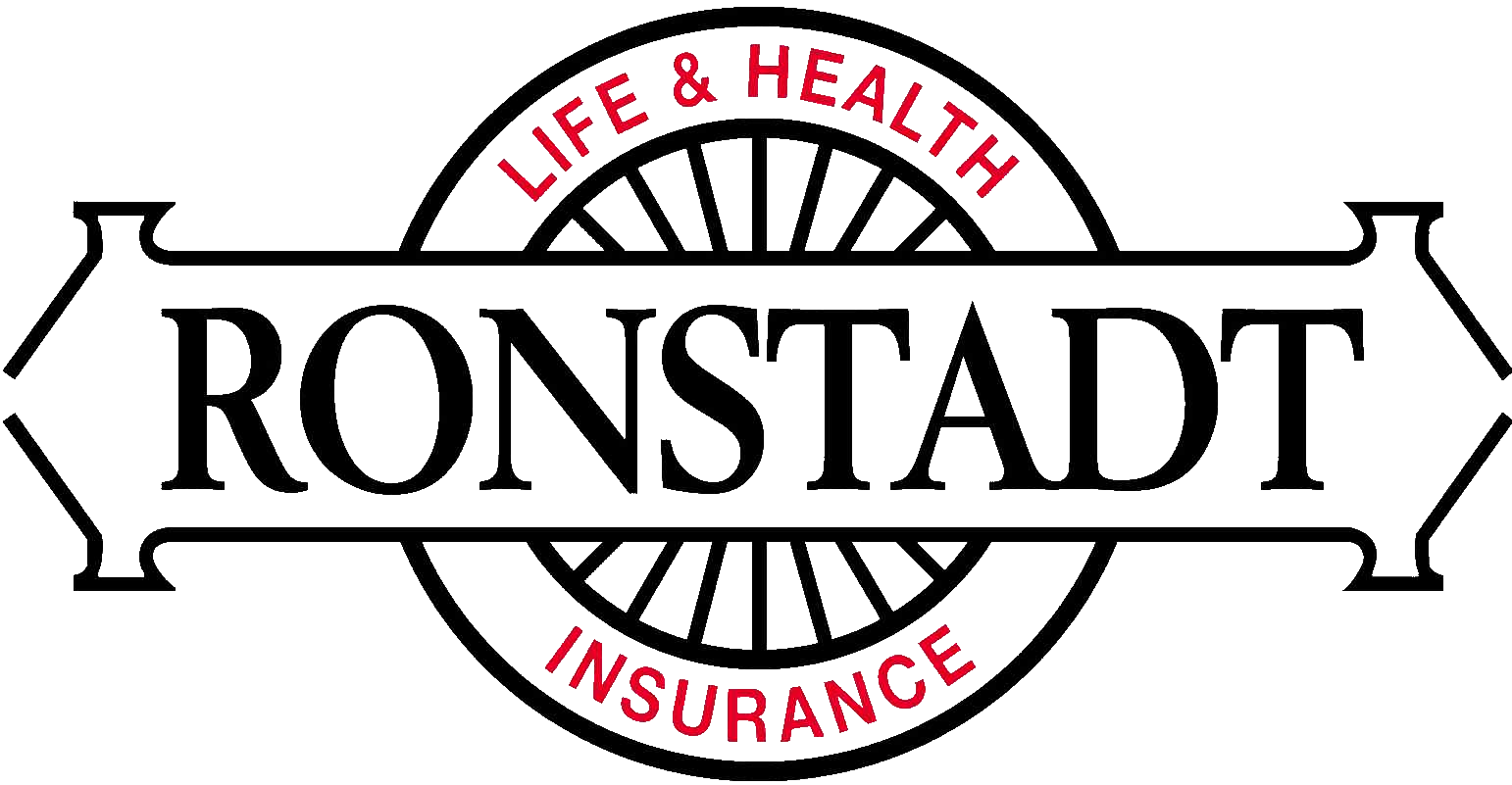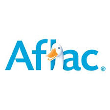Know Your Benefits: A Guide to HSAs and HDHPs
Health Savings Accounts (HSAs) are tax-advantaged tools designed to help individuals pay for healthcare costs. To qualify, a person must be enrolled in a High Deductible Health Plan (HDHP) and meet specific criteria regarding age and dependency status. The text details the financial benefits of these accounts, such as the ability to lower taxable income through contributions and the “triple tax savings” on earnings and withdrawals. It also outlines strict annual limits for contributions and out-of-pocket spending for the years 2025 and 2026. Furthermore, the source emphasizes the portability and ownership of the funds, noting that the money stays with the individual regardless of job changes or retirement. Finally, it explains how these funds can be utilized for qualified medical expenses and the penalties associated with using the money for non-health purposes.

















